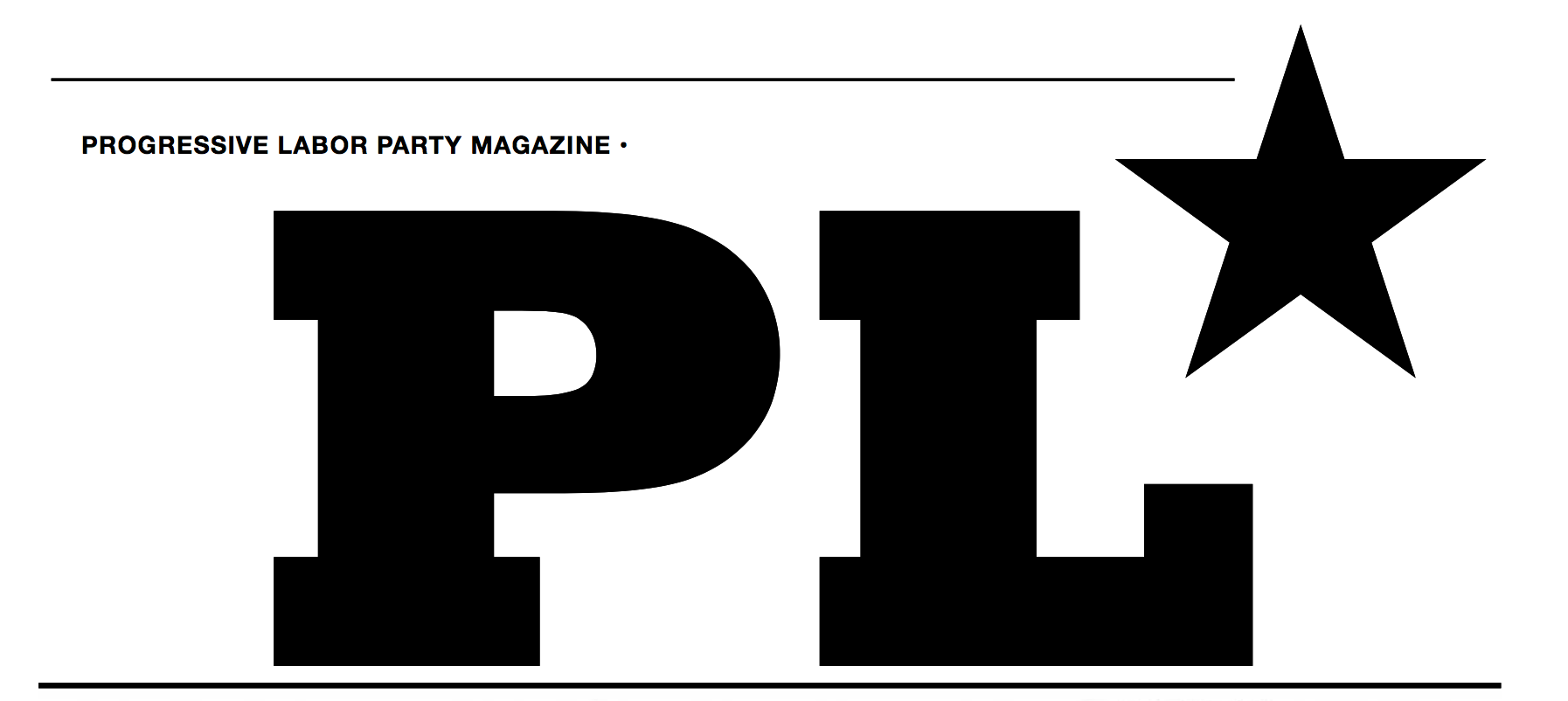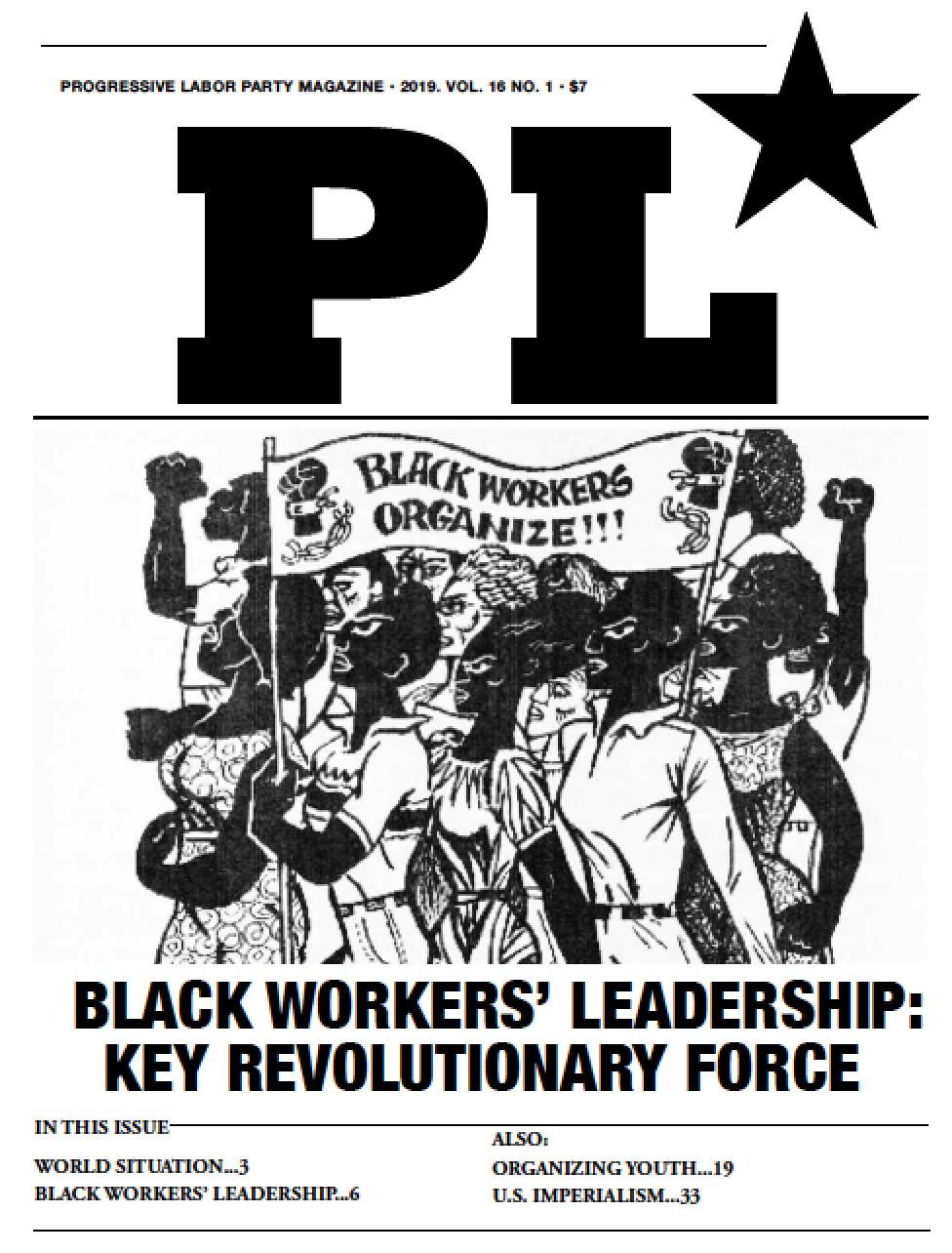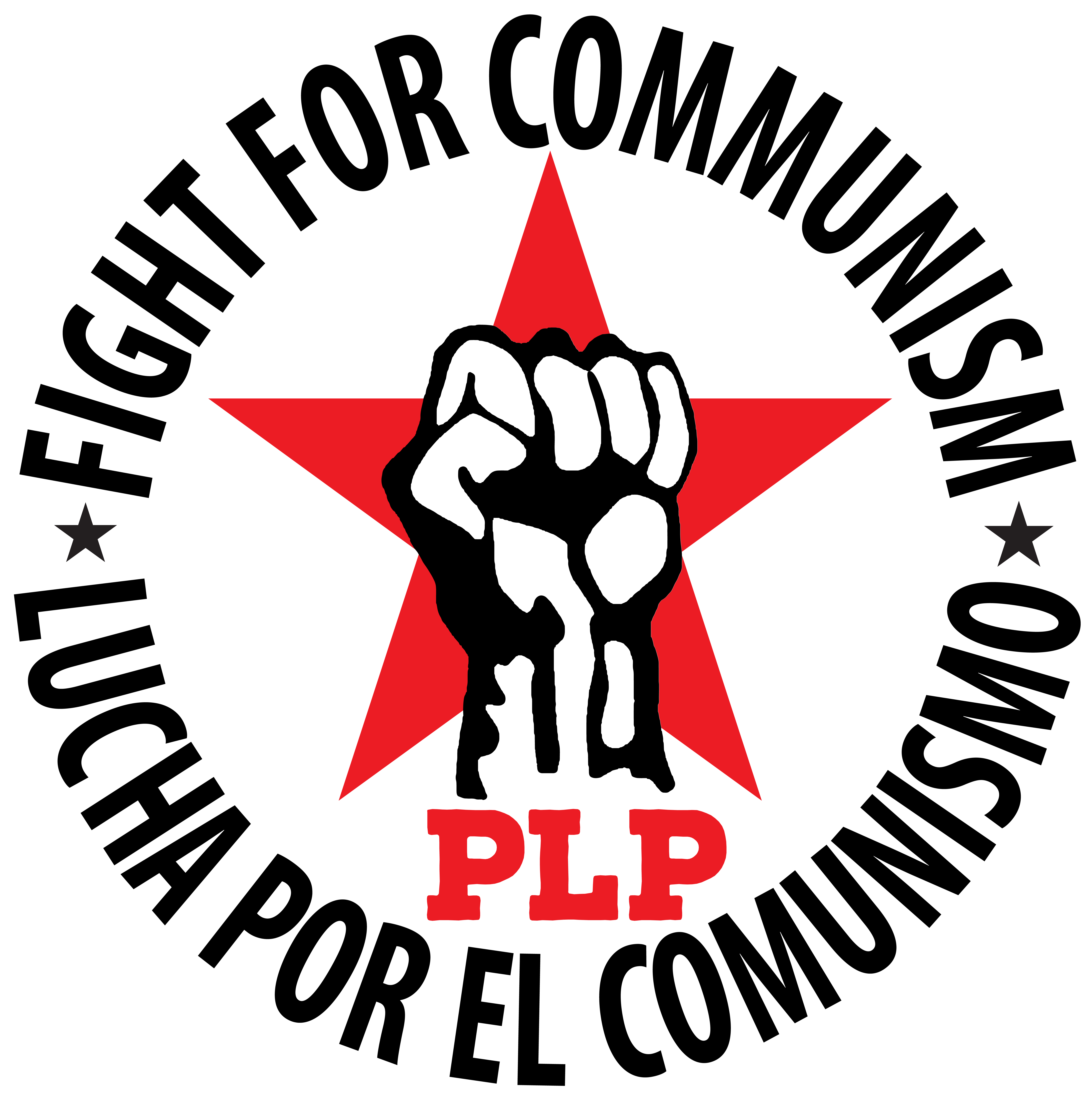Philippines — Key U.S. Imperialist Base
 Thursday, November 28, 2013 at 2:28AM
Thursday, November 28, 2013 at 2:28AM The dispatch of a U.S. aircraft carrier and 14,300 troops to the Philippines after typhoon Haiyan/Yolanda has nothing to do with humanitarian interests and everything to do with securing an imperialist base to counter China.
In the 19th century, U.S. capitalists, in their rush to acquire colonies and build an empire, invaded the Philippines for a base to control the Pacific and the Far East. Racism, waterboarding torture and genocide were used against Filipinos who fought the U.S. occupation from 1899 to 1905. Thousands of the 70,000 U.S. troops and millions of Filipinos were killed in that war.
On January 9, 1900, racist Senator Albert Beveridge said:
Mr. President…the Philippines are ours forever…and just beyond the Philippines are China’s unlimited markets….The Pacific is our ocean….The Philippines give us a base at the door of all the East….It has been charged that our conduct of the war has been cruel….Senators, we must remember that we are not dealing with Americans or Europeans; we are dealing with [Asians].
Willard Gatewood’s book, Smoked Yankees and the Struggle for Empire, revealed that an “unusually large number of black troops deserted during the Philippine campaign over anger at the term ‘n*****’ used by white troops to describe Filipinos and themselves. Some deserters joined the Filipino rebels like David Fagan of the 24th Infantry, who accepted a commission in the insurgent army and for two years wreaked havoc upon the American forces.”
After World War II, the Hukbalahap communist movement, which had fought a guerrilla war against the Japanese, began a war against U.S. occupation but by 1953 was temporarily defeated. A new communist insurrection in the 1970s, along with a mass uprising, forced the U.S. to abandon its military control and giant naval base at Subic Bay.
With the loss in Vietnam and the rise of China’s competing economy, the U.S. has been financing corrupt Philippine governments to accept its military presence. In 2001, 4,000 U.S. troops landed in Mindanao to train Filipino soldiers against Muslim and communist insurgents. Three thousand more U.S. troops have been added and the Philippine government agreed to send its troops to fight in Iraq. Recently the U.S. has been conducting air and sea war maneuvers with the Philippine military to counter China’s attempts to drill for oil in the adjacent seas.
Before the recent typhoon hit, the country’s homes, roads and airports were among the worst in Southeast Asia. The storm displaced 4.4 million people and affected 13.2 million in 44 provinces. With millions homeless, facing blocked roads, without food, water or power, and no aid in sight, people began liberating products their labor produced from the rich hoarders in order to survive. There were reports of government troops in gun battles with communists in some villages and civilian complaints that the military is not helping them and only protecting the rich while preventing people from organizing for their needs.
The U.S. military response can only lead to occupation and more neglect like in New Orleans after Katrina and Haiti after the earthquake. The Philippine government bosses and their U.S. imperialist masters fear that present conditions expose their corrupt profit system’s failure and become fertile ground for communist ideas to spark a revolution for a system that serves people’s needs.





 Progressive Labor Party (PLP) fights to destroy capitalism and the dictatorship of the capitalist class. We organize workers, soldiers and youth into a revolutionary movement for communism.
Progressive Labor Party (PLP) fights to destroy capitalism and the dictatorship of the capitalist class. We organize workers, soldiers and youth into a revolutionary movement for communism.




Reader Comments